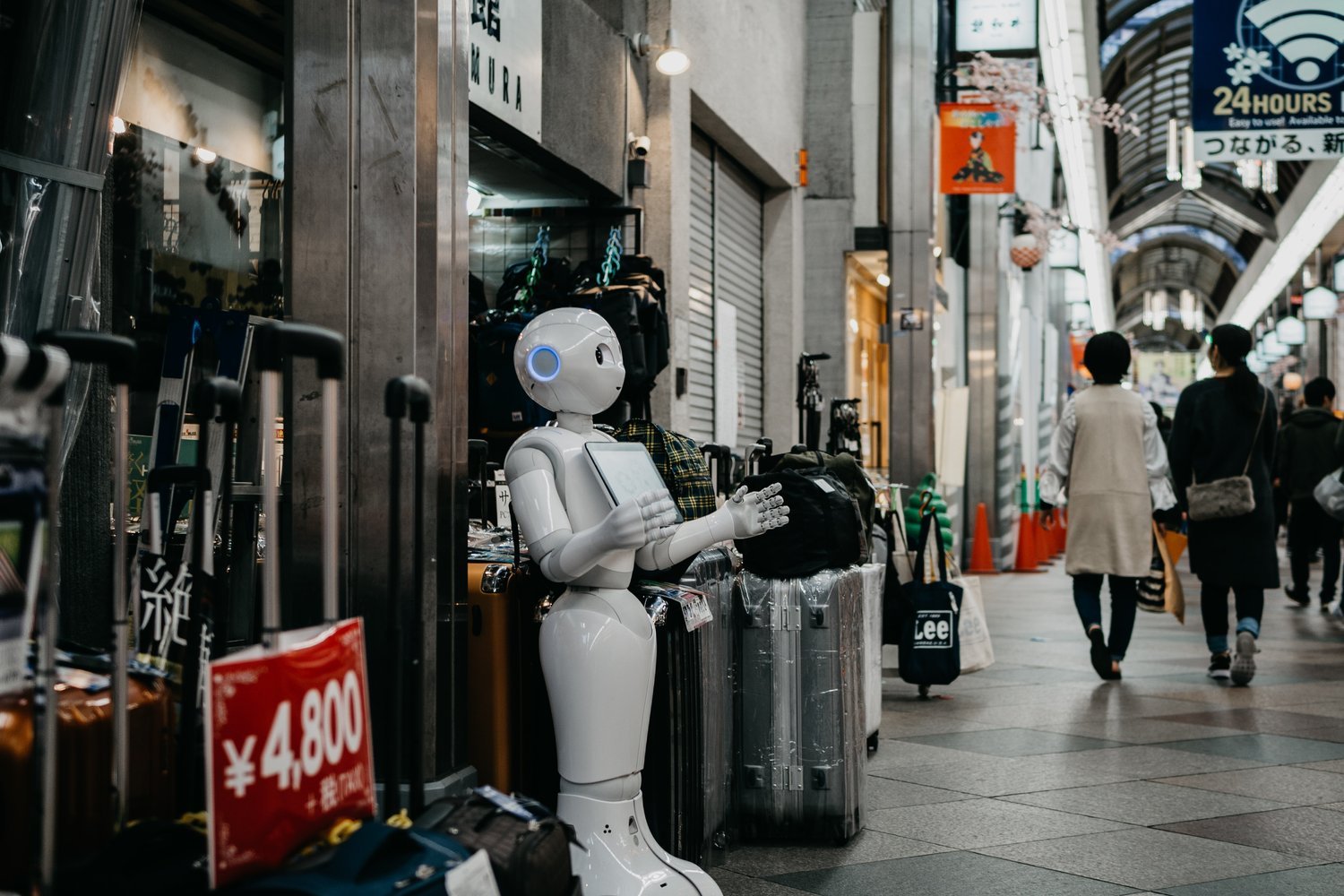AI in Social Sciences from an IB Student
Written by Naomi Pandey
Where can one use AI? That’s an interesting question.
Artificial Intelligence or AI is all around us, for better or for worse, and it has its own multitude of applications.
We see AI all over the world today. We see it recommend videos to us on YouTube, we see it categorize folders and files, we see it provide emotional support in times of distress, we see it come up with random memes and games.
This prompts me to ask a question, where do we see AI in the field of Humanities? As a high school student, I am pretty curious in discovering and hence understanding the connection between AI and humanities, and that is what I hope to do through this blog.
How AI is being used in the Social Sciences
Believe it or not, Artificial Intelligence can help in the social sciences. If you find yourself interested in AI in social sciences, there might be ways for you to link these two fields of study. They might appear to be starkly different, but in reality, they aren’t as different as they seem.
USING AI TO ANALYZE HUMAN BEHAVIOR
As a student of higher level psychology in the IBDP, I find myself wanting to find a way to link the sociocultural elements of psychology with artificial intelligence, as opposed to just the biological and otherwise strictly scientific elements of psychology.
Observing how users interact with social media sites can provide an insight on common behaviour and what people seem to be gravitating towards, how different people react to the same content and so forth. We can observe newly observed and acquired social behaviours that directly involve social media and internet-based services. The use of emojis, for example, or what kind of content is attracting more views and likes, and what exactly do these statistics say about our society. All of these are interesting questions in the field of psychology and sociology, the answers of which would be very interesting to find.
USING AI TO IMPROVE REBLICABILITY
Another issue in the field of social science is the immense amount of theories, some of which tend to contradict each other. Replicability might be one of the ways to achieve this as per Gelman (2014).
In simple terms, theories are usually condensed into hypotheses which are tested through an experiment. These experiments may show results, correlations and observations. The more replicable an experiment is, the higher the chance it is to achieve the same results if the experiment is repeated with the same conditions, the stronger the hypothesis and theory will be.
Digital traces and historical data can help provide trustworthy and large-scale insights of human behaviour, which could help in replicability and thus reduce the surplus of theories that might even contradict each other.
AI tools can also be helpful in calculating the accuracy of predictions, especially in terms of typical human behaviour. Classification, prediction and accuracy are indubitably very integral in the field of social science and will only aid in adding legitimacy to theories and hypotheses.
The Future of AI in the Social Sciences
If you find yourself interested in theories and social experiments and also in computer science and artificial intelligence, with proper measures and knowledge, you might hit some great strides. AI is constantly evolving, constantly changing and so is social science, and AI in social sciences can work well.

